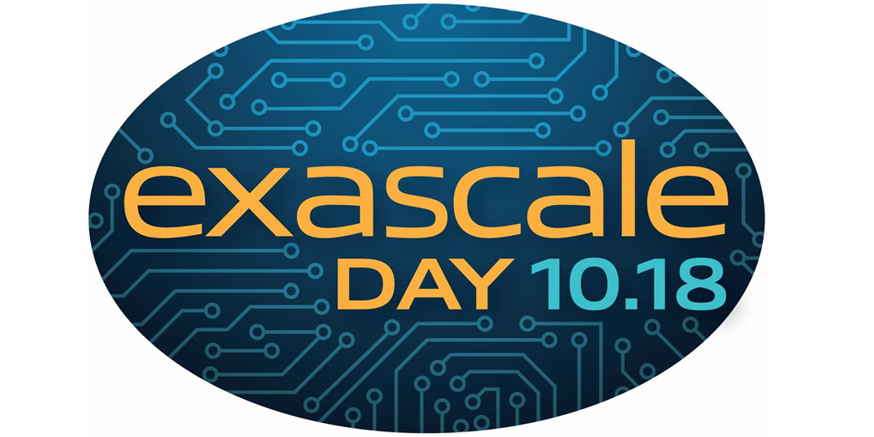AUSTIN, TX – April 06, 2021 – Katana Graph, a high performance scale-out graph processing, AI and analytics company, announced today that it has optimized its graph engine for the new 3rd Gen Intel Xeon Scalable processor and memory systems.
Katana Graph can now take advantage of the latest generation Intel Xeon Scalable processors and Intel Optane persistent memory technology to process massive graphs on much smaller clusters. This will better support organizations with huge unstructured datasets and graphs, including online retailers, financial institutions, and identity management companies, in understanding their customers, operations and opportunities.
Katana Graph’s platform is deployable right out of the box on both 2nd Gen and 3rd Gen Intel Xeon Scalable processors with Intel Deep Learning Boost, with no additional modifications required. On 3rd Gen Xeon Scalable processors, Katana Graph’s solution truly shines, offering a marked improvement in speed combined with the ability to process much larger datasets while using fewer machines.
“We are proud that our Katana Graph Engine runs up to twice as fast on Intel’s 3rd Gen Intel Xeon Scalable processors than on the previous generation right out of the box, and delivers even more performance with optimizations,” said Keshav Pingali, Katana Graph co-founder and CEO. “Our customers need the high-performance analytics capabilities that we are unleashing by working closely with Intel.”
Katana Graph’s platform extracts actionable insights from massive unstructured data sets, using high-performance graph algorithms. At the heart of Katana Graph’s solution is the Katana Graph Engine with its accompanying partitioner, communication, virtualization and storage technology modules, which are the culmination of more than a decade of advanced research in graph technology and high-performance computing.
“Katana Graph has leveraged the innovative architecture of the 3rd Gen Intel Xeon Scalable processor in its state-of-the-art graph analytics engine, which is exciting news,” said Wei Li, vice president and general manager of Machine Learning Performance in the Architecture, Graphics, and Software group at Intel. “Our mutual customers will directly benefit from our close collaboration as we address the challenges associated with processing massive datasets.”
In addition to the increased speed and the ability to handle massive amounts of data, end users will also see notable savings in terms of cluster size and management cost. This continues Katana Graph’s mission of providing the industry’s best graph software stack to allow organizations to glean deeper insights faster from their unstructured data, and to use that actionable intelligence to expand their business and accelerate growth.



